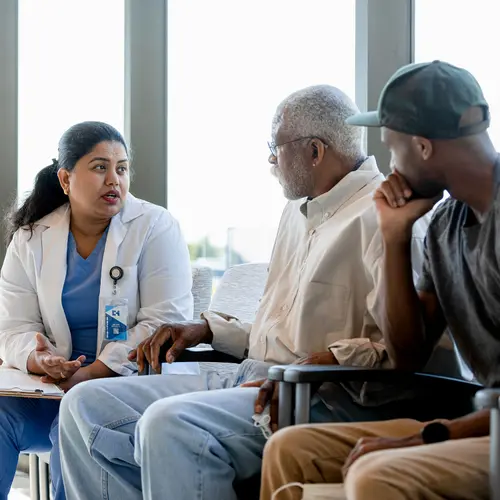- Overview
- Diagnosis & Stages
- Causes & Risks
- Treatment
- Living With
- Complications & Related Conditions
- Caregiving
- Support & Resources
- View Full Guide
Recommended

Related Links
- Alzheimer's Disease Home
- Alzheimer's Disease News
- Alzheimer's Disease Reference
- Alzheimer's Disease Slideshows
- Alzheimer's Disease Quizzes
- Alzheimer's Disease Videos
- Find a Neurologist
- Alzheimer's Disease Medications
- Aging Well
- Brain & Nervous System
- Dementia
- Down Syndrome
- Drug Interaction Checker
- Frontotemporal Dementia
- Palliative Care
- Parkinson's Disease
- Pick's Disease